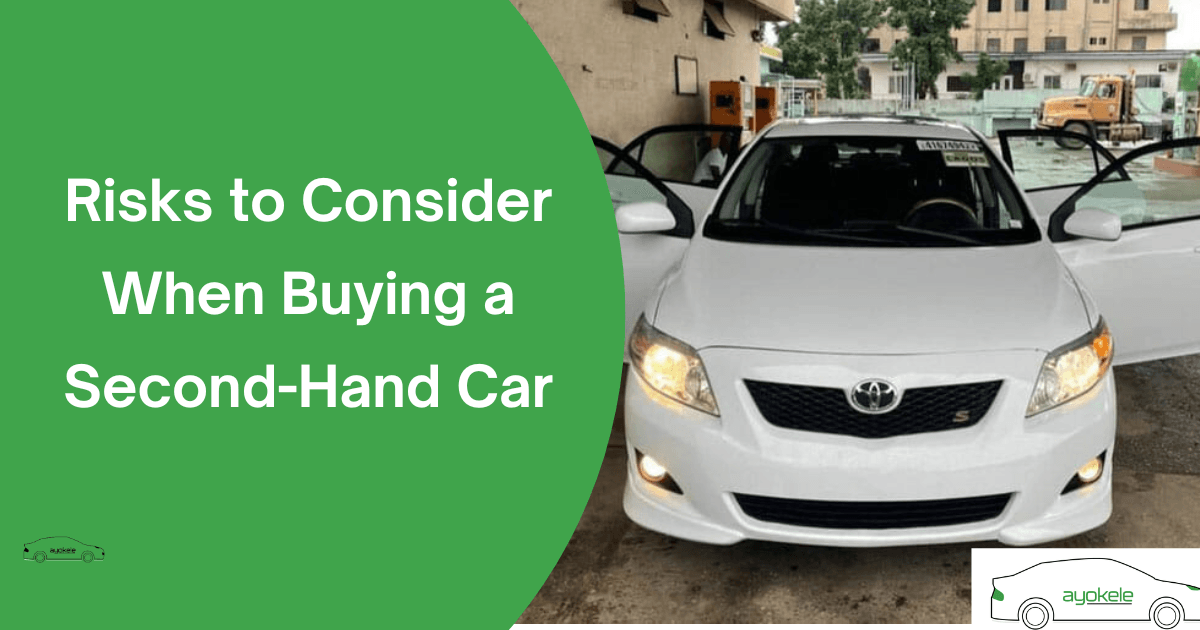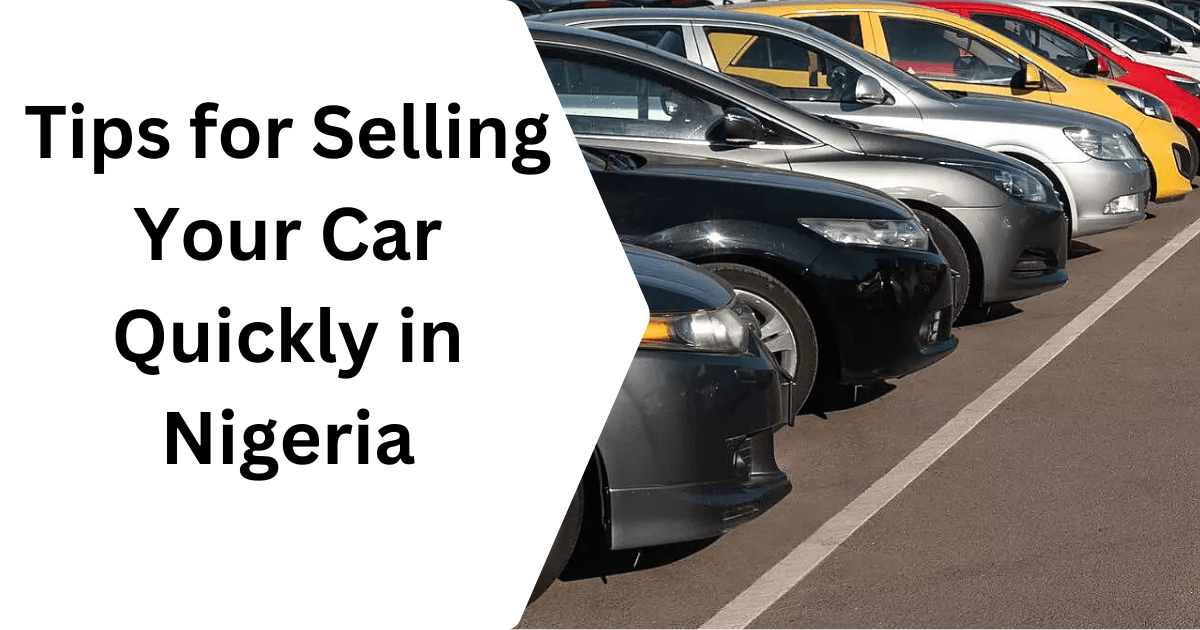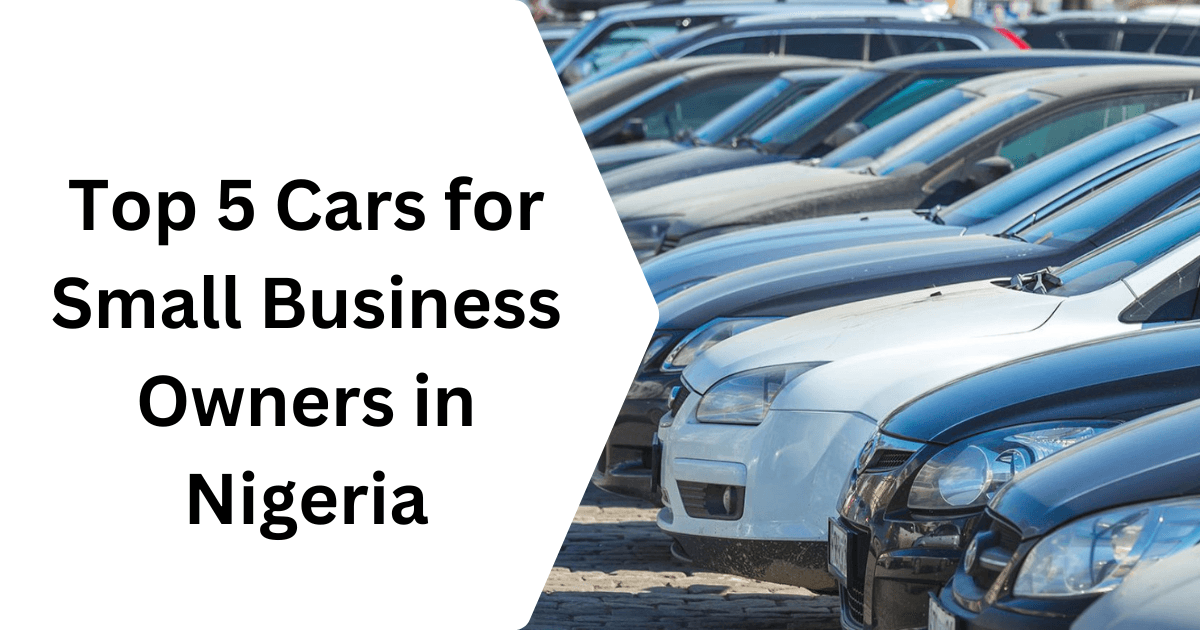Buying a second-hand car can be a smart way to save money, especially when compared to purchasing a brand-new vehicle. However, while second-hand cars are often more affordable, they come with certain risks that buyers should be aware of.
In this article, we’ll explore six key risks you should know before buying a second-hand car. If you understand these risks and how to avoid them, you can make an informed decision and enjoy a reliable car without unnecessary stress.
Risks to Consider When Buying a Second-Hand Car
1. Hidden Mechanical Problems
One of the most common risks when buying a second-hand car is the possibility of hidden mechanical issues. Many sellers, especially private ones, may not disclose existing problems with the engine, transmission, or other vital parts. These issues might not be apparent during a quick test drive but could become noticeable after a few weeks of use. Fixing such problems can be expensive and might even exceed the money you saved by buying second-hand.
To avoid this risk, always conduct a thorough inspection of the vehicle before making a purchase. Hire a trusted mechanic to check the engine, brakes, suspension, and other critical systems. If the seller refuses to allow an inspection, consider it a red flag and look elsewhere.
2. Lack of Warranty
Unlike new cars that come with manufacturer warranties, most second-hand cars are sold without any form of warranty. This means that once you purchase the car, any repair costs become your responsibility, no matter how soon issues arise. For instance, if the engine breaks down a week after you buy the car, you’ll have to bear the full cost of repairs.
To mitigate this risk, look for second-hand cars that still have an active manufacturer’s warranty or purchase from certified pre-owned programs offered by dealerships. These programs often include limited warranties and guarantee that the car has been thoroughly inspected.
3. Fraudulent Documentation
Buying a second-hand car without verifying its documentation can lead to legal troubles. Some sellers may provide fake or incomplete papers, such as forged proof of ownership or missing vehicle registration certificates. In some cases, the car could even be stolen, and you wouldn’t know until law enforcement gets involved.
To avoid this, verify all documents thoroughly before purchasing the car. Cross-check the Vehicle Identification Number (VIN) on the documents with the one on the car to ensure they match. Confirm the seller’s identity and request the original purchase receipt, proof of ownership, and any service history.
4. Higher Maintenance Costs
Second-hand cars often come with higher maintenance costs compared to new vehicles. Older cars are more likely to require frequent repairs or part replacements, such as new tires, batteries, or brake pads. Additionally, some older models may have limited availability of spare parts, which can make repairs more expensive and time-consuming.
Before buying a second-hand car, research the car’s model to understand its maintenance requirements and costs. Opt for brands and models with a reputation for reliability and easy access to spare parts.
5. Poor Fuel Efficiency
Another common risk is poor fuel efficiency, which is often overlooked by buyers. Older cars or those with outdated technology tend to consume more fuel, resulting in higher running costs. For example, cars with worn-out engines or clogged fuel systems may perform poorly and use more fuel than expected.
To avoid this, check the car’s fuel efficiency rating and compare it with similar models. During the test drive, monitor how the car accelerates and performs to get an idea of its fuel consumption.
6. Depreciation and Resale Value
Second-hand cars often depreciate faster than new cars, particularly if they are older models or less popular brands. This means the car’s value may drop significantly within a few years, making it harder to resell at a good price. If you’re not careful, you could end up with a car that loses its value rapidly, leaving you at a financial disadvantage.
To minimize this risk, choose a car with a strong resale value. Popular brands with a reputation for reliability and durability tend to hold their value better. Additionally, maintaining the car in good condition and keeping all documents updated can improve its resale value when you decide to sell.
FAQs
1. How can I verify the ownership of a second-hand car?
To verify ownership, check the proof of ownership document and ensure it matches the seller’s details. Cross-check the Vehicle Identification Number (VIN) on the car with the one on the registration and other documents. If unsure, consult the Vehicle Inspection Office (VIO) or relevant authorities for confirmation.
2. Is it better to buy a second-hand car from a dealer or a private seller?
Both options have pros and cons. Dealers often provide warranties and verified documentation, making the process more secure. Private sellers might offer lower prices, but there’s a higher risk of fraud or hidden issues. Choose based on your comfort level with the seller and their credibility.
3. What should I check during a test drive?
During a test drive, pay attention to the car’s handling, braking, and engine performance. Look out for unusual noises, vibrations, or dashboard warning lights. Test the car at different speeds and road conditions to ensure it performs well.
4. Can I negotiate the price of a second-hand car?
Yes, negotiating is common when buying a second-hand car. Use the car’s condition, maintenance history, and any issues discovered during inspection as leverage to lower the price. Research market prices for similar models to ensure you’re getting a fair deal.
5. How do I know if the car has hidden mechanical problems?
The best way to detect hidden mechanical problems is to hire a trusted mechanic to inspect the car before purchase. Additionally, checking the car’s maintenance records and taking it for a thorough test drive can reveal potential issues.
Buying a second-hand car can be a smart choice, but it’s important to carefully consider all the factors listed above. For more car-buying tips, be sure to check out our category dedicated to helping you make the best decisions!




